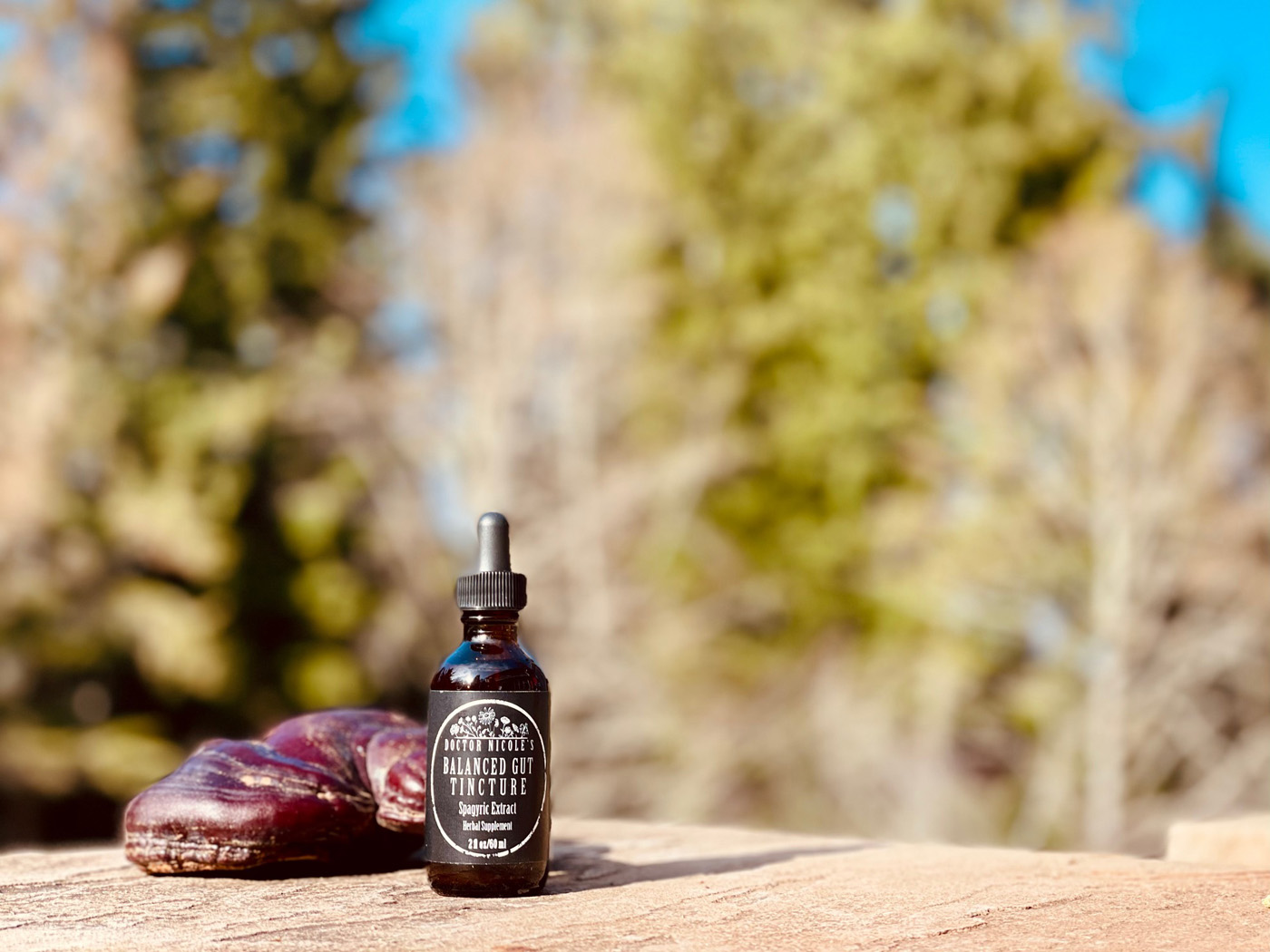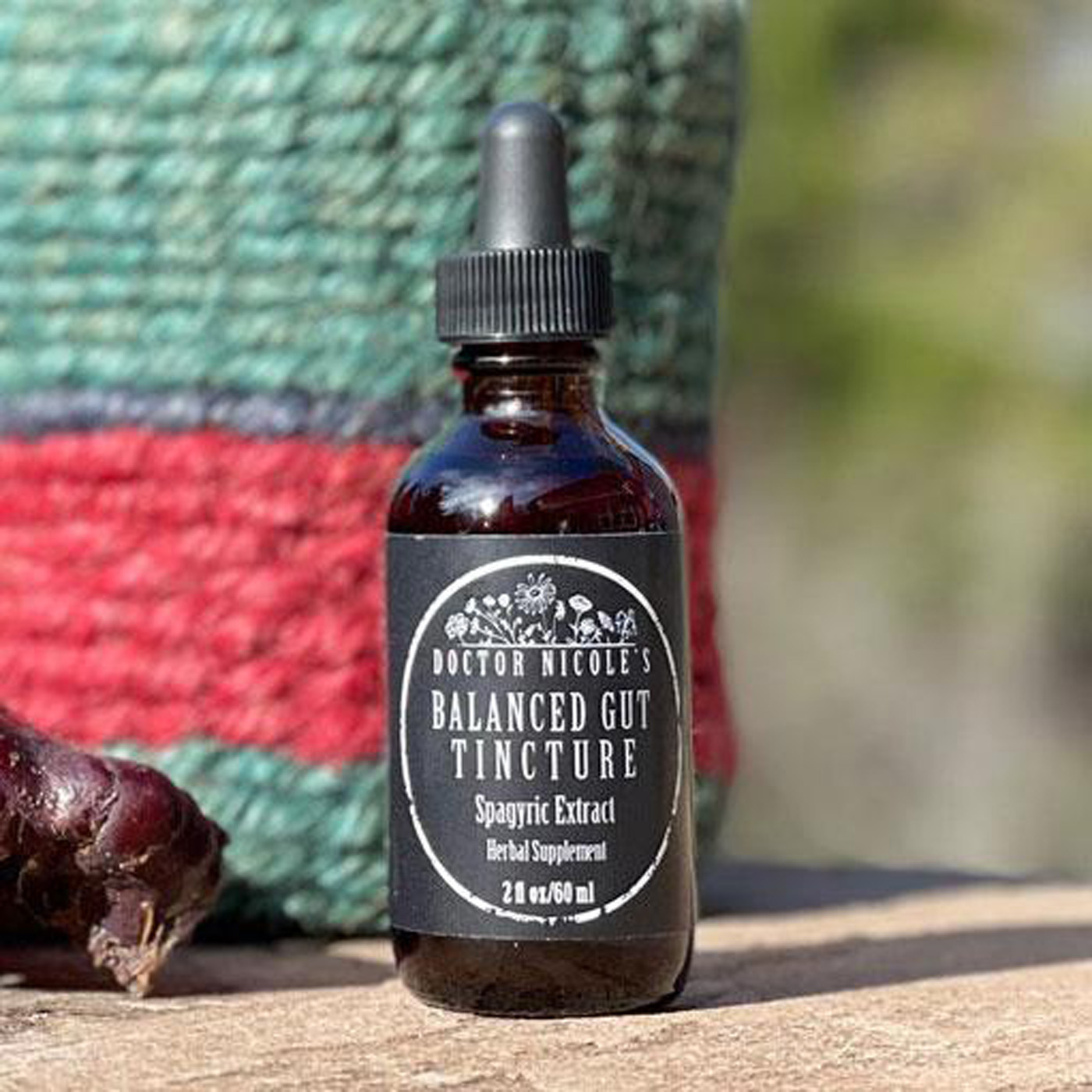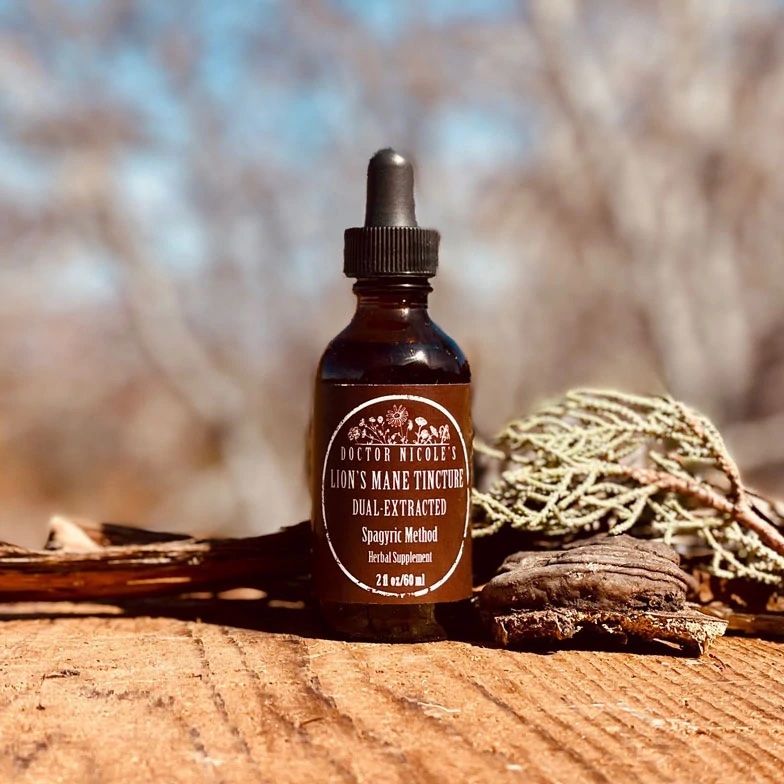A Mystery Illness
Long dismissed by physicians as a mystery illness with little or no foundation, the debate around Chronic Fatigue Syndrome/Myalgic Encephalomyelitis (CFS/ME) has once again come to the forefront as millions around the world contend with “long-haul syndrome” from a severe acute respiratory viral infection. Researchers and physicians have observed that both conditions display similar symptoms of severe fatigue, gastrointestinal issues, cognitive impairment, and muscle pain.4 While a definitive cause is still under investigation, recent studies by the U.S. National Institutes of Health found that microbiome dysbiosis may be the root cause of CFS/ME — and possibly long-haul syndrome.
The Studies
Published in Cell Host & Microbe, two studies established evidence that links disruptions in the microbiome — a collection of bacteria, viruses, and fungi found in the gut — to ME/CFS.1,2
“The microbiome has emerged as a potential contributor to ME/CFS. These findings provide unique insights into the role the microbiome plays in the disease and suggest that certain differences in gut microbes could serve as biomarkers for ME/CFS,” said Vicky Whittemore, Ph.D., program director at NIH’s National Institute of Neurological Disorders and Stroke (NINDS).3
In the first study, lead researchers Brent L. Williams, Ph.D., assistant professor, W. Ian Lipkin, M.D., John Snow Professor of Epidemiology and director of the Center for Infection and Immunity at the Columbia University Mailman School of Public Health, in New York City, and their colleagues examined the genetic composition of gut bacteria in 106 people with ME/CFS and 91 healthy controls. What they found was significant differences in “microbiome diversity, quantity, metabolic pathways, and interactions between species of gut bacteria.”3
Notably, those with ME/CFS had abnormally low levels of Faecalibacterium prausnitzii (F. prausnitzii) and Eubacterium rectale compared to healthy controls. These beneficial gut bacteria produce butyrate, a short chain fatty acid that helps to maintain gut health. This important compound supports the gut immune system, protects against diseases in the digestive tract, and provides energy (up to 70%) for the cells that line the gut. It is also helpful for regulating immune, metabolic, and endocrine systems.
Additionally, the researchers discovered those with ME/CFS had increased levels of nine other gut bacteria species, including Enterocloster bolteae and Ruminococcus gnavus, which are associated with autoimmunity and inflammatory bowel disease.
The National Institutes of Health notes in their press release that “[a] balanced microbiome is also essential for a variety of neural systems, especially immune regulation and coupling between energy metabolism and blood supply in the brain, as well as the function of the nerves that supply the gut.”

For the second study, which took place at the Jackson Laboratory in Farmington Connecticut, Julia Oh, Ph.D., associate professor, and Derya Unutmaz, M.D., professor, collaborated with other ME/CFS experts to study microbiome dysbiosis in different phases of ME/CFS patients.
The team analyzed fecal and blood samples from 149 people with ME/CFS and 79 healthy controls. For those who had been diagnosed within the previous four years, there was less microbial diversity. Curiously, the long-term group of 10+ years with ME/CFS had stable but individualized gut microbiomes, similar to the healthy control group. Both ME/CFS groups, particularly those with a short-term diagnosis, had lower levels of butyrate-producing bacteria species. A reduction in the bacteria associated with tryptophan metabolism was found as well. In short, “…they found that individuals with long-term ME/CFS had a more balanced microbiome but showed more severe clinical symptoms and progressive metabolic irregularities compared to the other groups.”3
These findings may also have implications for those suffering from long-haul syndrome as the symptoms are similar, but further research is needed. You can learn more about possible causes and treatment options in my post, “Ongoing Fatigue, Loss of Smell, & Brain Fog After a Viral Infection? New Study Shows it May be Due to an Autoimmune Reaction“.
Boosting Butyrate and Healing the Gut
Disruption to the gut microbiome not only increases the risk of ME/CFS and possibly long-haul syndrome, but it has also been associated with fibromyalgia, IBS, multiple sclerosis, Parkinson’s, and more. Because of this, it is crucial to maintain a healthy gut and support a robust colony of beneficial bacteria. One of the key ways to do this is through diet. Prebiotics, probiotics, insoluble fiber, vegetables, and resistant starch are exceedingly important for gut health and the production of butyrate. For a detailed list of the specific foods in each category, have a look at this post.
Herbal remedies are also helpful. My favorite medicinal mushrooms for healing the gut and microbiome include reishi for calming inflammation and addressing leaky gut; anti-inflammatory lion’s mane; and turkey tail for prebiotics that nourish beneficial bacteria.
Then there is plantain for healing leaky gut and soothing inflammation in the digestive tract, while slippery elm and marshmallow both form a protective layer that allows the gut to regenerate.
Each of these powerful botanicals is found in my Balanced Gut Blend. There is no better time than now to improve gut health. Visit the apothecary today to learn more!
Nicole Apelian
Nicole’s Apothecary Products in this Post
References
- Guo, et al. Deficient butyrate-producing capacity in the gut microbiome is associated with bacterial network disturbances and fatigue symptoms in ME/CFS. Cell Host & Microbe, February 8, 2023. DOI: 10.1016/j.chom.2023.01.004.
- Xiong, R., Gunter, C., Fleming, E., Vernon, S. D., Bateman, L., Unutmaz, D., & Oh, J. (2023). Multi-‘omics of gut microbiome-host interactions in short- and long-term myalgic encephalomyelitis/chronic fatigue syndrome patients. Cell host & microbe, 31(2), 273–287.e5. https://doi.org/10.1016/j.chom.2023.01.001
- “Studies find that microbiome changes may be a signature for ME/CFS”, News Releases, National Institutes of Health, February 8, 2023. Retrieved on April 12, 2023 from, https://www.nih.gov/news-events/news-releases/studies-find-microbiome-changes-may-be-signature-mecf
- Craig, T., & Kakumanu, S. (2002). Chronic fatigue syndrome: evaluation and treatment. American family physician, 65(6), 1083–1090.









